- projects
- orchards of ireland
- castlemahon farm
The plan for Castlemahon is to convert the farm to an organic orchard over 3 to 5 years. Starting with the most improved fields first. The change of land-use to an organic orchard will allow soil health to improve and increase biodiversity; while also allowing a biodiversity audit to take place.
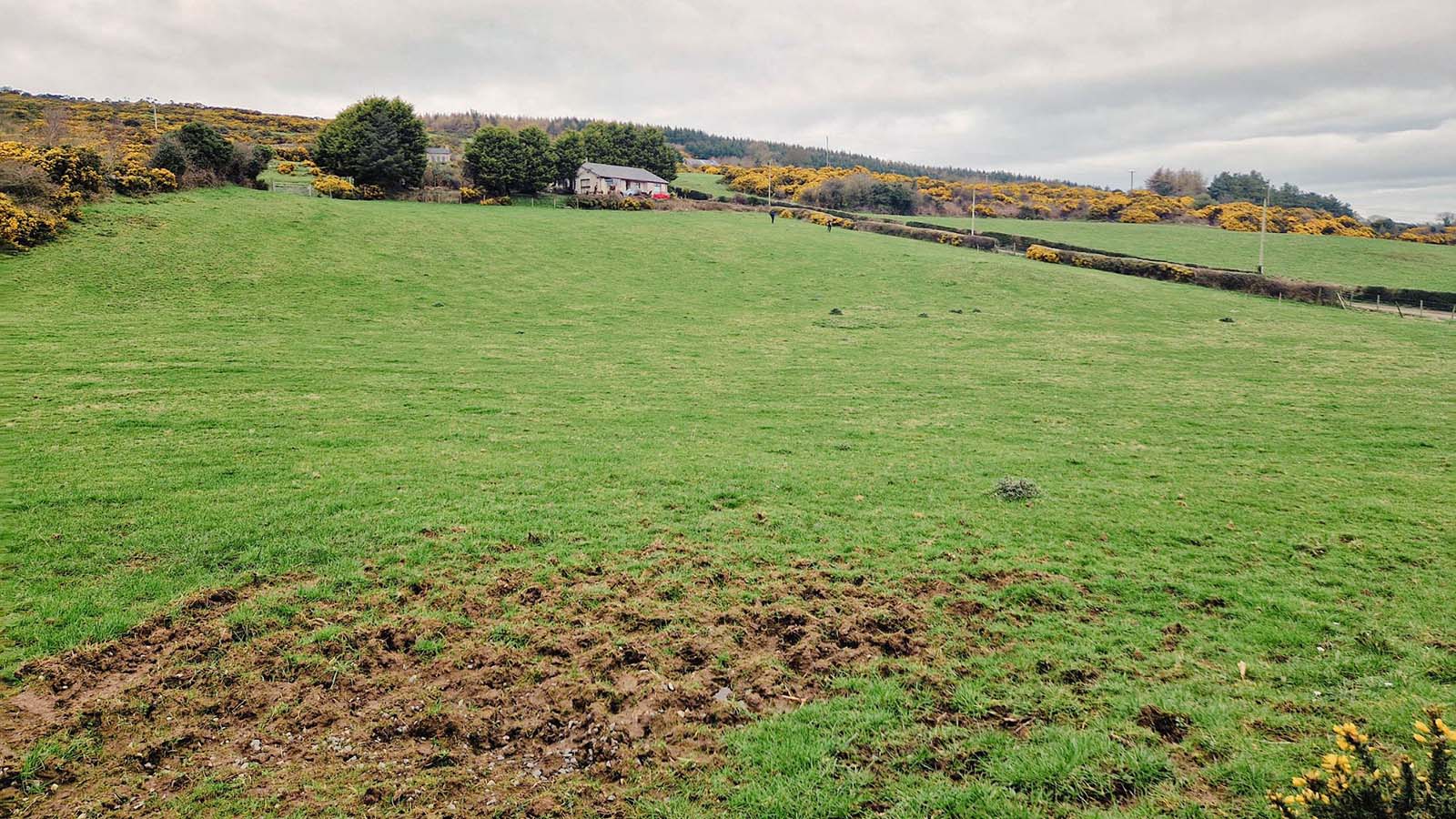
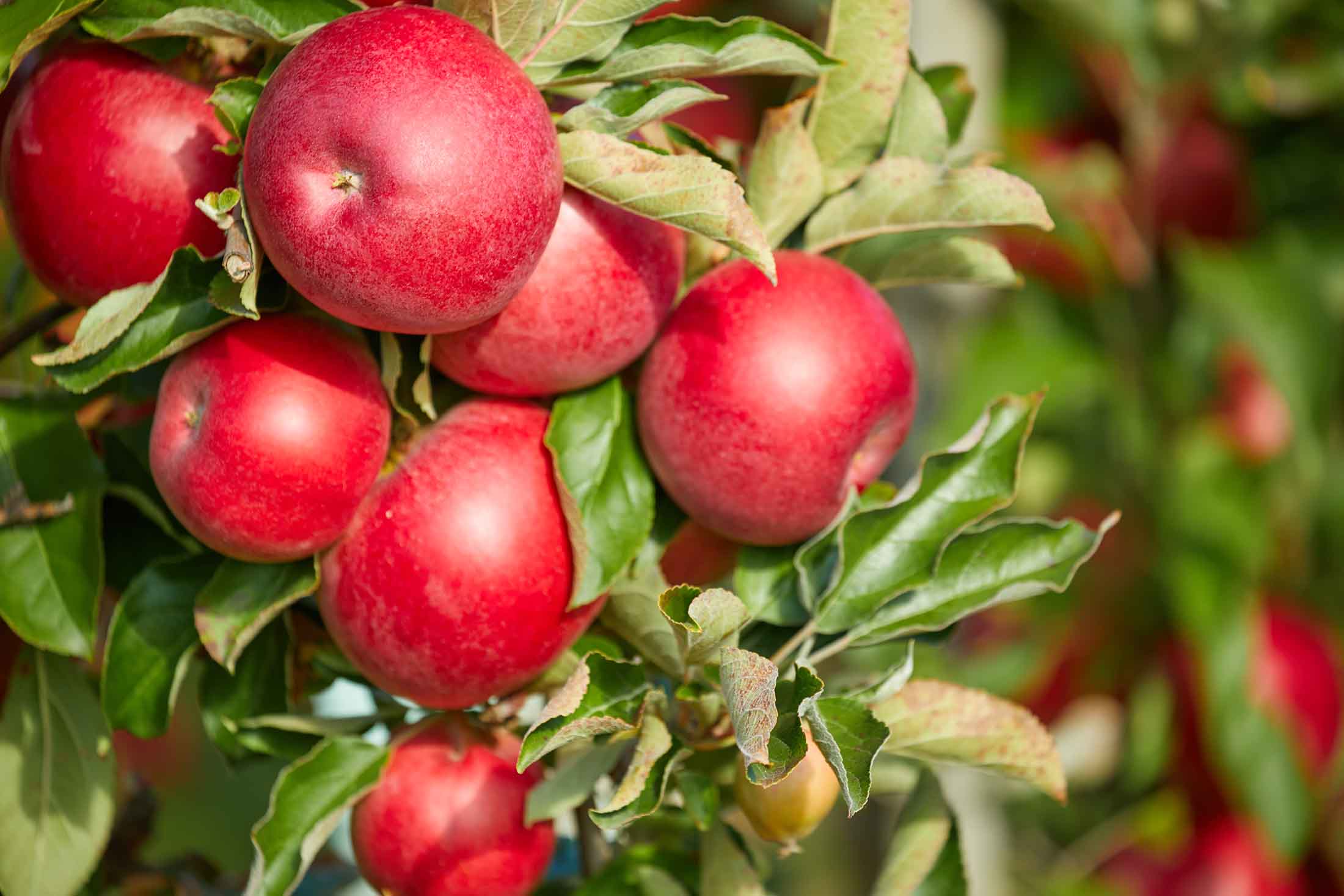
Traditional orchards, although essentially a crop, can also be extremely beneficial for wildlife, especially when managed organically. Trees in traditional orchards were planted at low densities, were often either grazed with livestock or cut for hay under the canopy. Individual trees (especially pears) are long-lived and the ground layer can be very diverse, if managed without the use of chemicals.
Every townland in Ireland would have once contained an orchard for local use. Both for fruit, but also for cider (which was once the most common drink). These orchards would have been of traditional varieties, with abundant wildflowers and ancient or veteran trees (containing rot holes, split bark and hollow trunks – beneficial for fungi and invertebrates, and with a wide array of lichens).
Orchards were once an important feature (both for wildlife and people) across most of rural Ireland. The apples and the cider produced formed part of workers livelihoods. The need for land to grow crops and wood for burning saw the loss of many orchards from the 1840s onwards, as the population of Ireland burgeoned. More recently, any remaining orchards were grubbed out as part of the drive towards agricultural intensification. In Ireland, there remains particular concentrations of orchards in County Armagh, Waterford, Cork and Kilkenny.
Orchards can be excellent places for birds such as the greater spotted woodpecker, bullfinch, treecreeper and, in winter, fieldfare and redwing, while night time visits might reveal badgers and hedgehogs. For apple lovers, there are over two thousand different varieties of apple and 500 varieties of pear to spot.
22 October 2024
A beautiful day to be on the farm and head up into the trees. Pine martens have recently made a return by natural means, while native red squirrel have been recently released nearby. Hopefully they'll reach the farm within the next few years; during which time it'll hopefully develop a bit more to their liking.
04 September 2024
Checking in on the Orchard and the trees planted not 6-months ago are really doing well!
04 September 2024
The winter bird feed crop is coming on really well. It should definitely be ripe by mid-winter when the birds will benefit most from its presence on the farm.
24 August 2024
Such a wet summer, taking the opportunity on a rare dry day to do some maintenance around the organic Orchard.
Recieve detailed updates by joining Wild Gaia
Help support us by sharing the project
Make a direct contribution to the project
Due to the history of land holding in Ireland, purchasing or leasing of large tracts of land (outside of the uplands) can be difficult. Therefore, we needed to devise a way of benefitting wildlife at a small scale and locally within rural communities. Therefore the ‘Barony Orchard’ project was born. The plan is to purchase small 1-2 acre lots of land and plant these up with heritage varieties of apples (and other fruits & nuts) and manage these for wildlife and biodiversity. While the trees become established, we will also provide homes for wildlife by installing bird and bat boxes within the orchards. Birds such as owls will feed on the small mammals present in the grasslands beneath the trees, while bats will help keep the invertebrate populations in balance by preying on them at night.
Initially the plan will involve the purchase of 4 plots, one in each Province of Ireland. As the project grows, we will expand this to include each of the 331 Baronies on the island. This could be expanded to include every parish (2509) and then every townland (61,119).
This project got underway with the purchase of a small 26-acre farm on the Lecale Peninsula in County Down. The bid was accepted on the land in 13 January 2023 and the keys were (metaphorically speaking) obtained on the 15 March 2023.
The lands are situated on the southern side of Castlemahon Mountain (although at 120m it’s really more of a hill). Historically used for cattle grazing, the existing land was laid out in six fields with a number of smaller paddocks and several large banks of gorse scrub. The land would be semi-improved, with a few more agriculturally improved fields closer to the road. And with a more interesting and diverse field furthest from the farm shed.
This project is the first of the larger Barony Orchard Project which aims to buy, lease or manage a small plot of land (minimum 0.5 to 2 acres) in each of the 331 baronies across Ireland, in order provide a small oasis of biodiversity and bio-abundance. These orchards will be filled with old varieties of apples, pears, damsons, crab apples, medlars, quinces etc and will be on large rootstocks to allow for tall trees with plenty of space for wildflowers beneath.
We are so excited to have our first plot underway. Subscribe to help support us and keep updated on how your contributions are helping bring a healthy countryside back to Ireland,
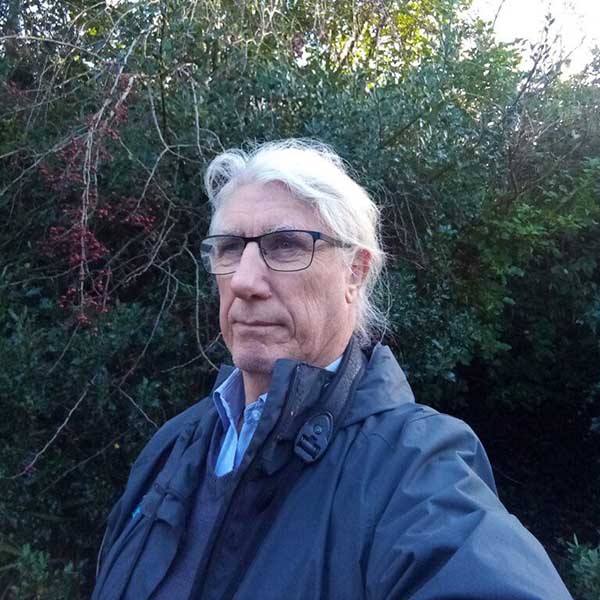
brian sutton
Senior Ecologist
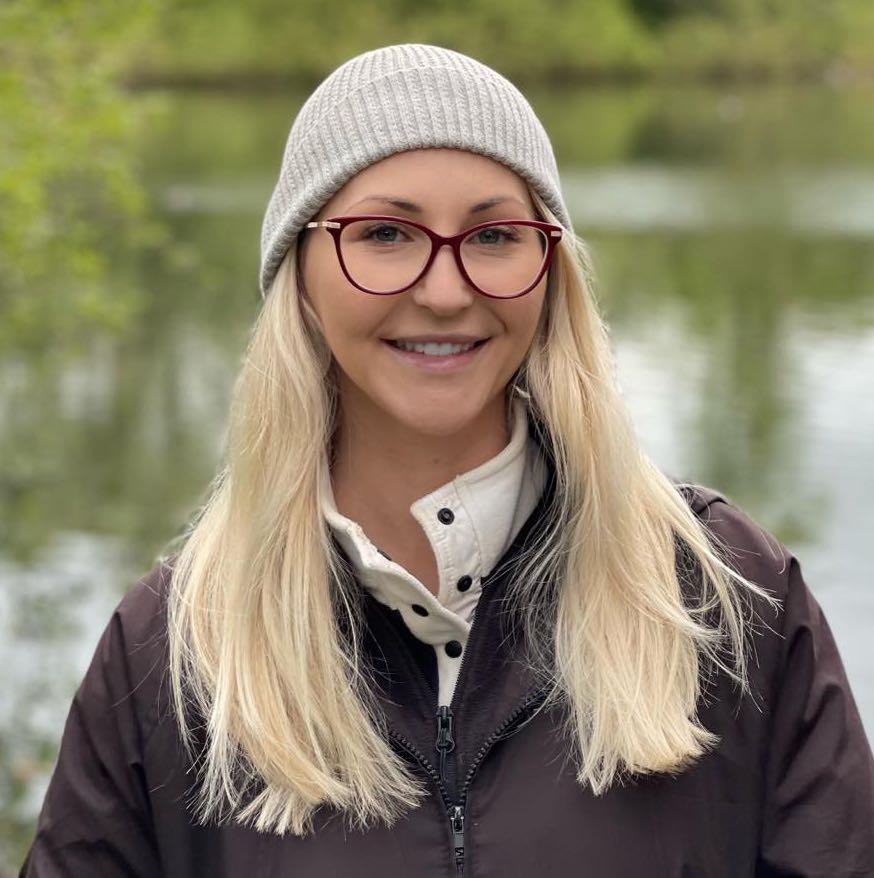
catriona porter
Ecologist
Cliodhna Loughran
Research
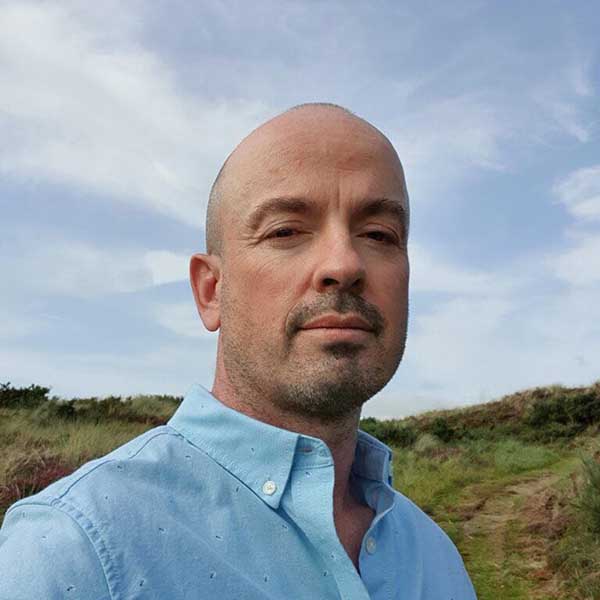
cormac loughran
Founder
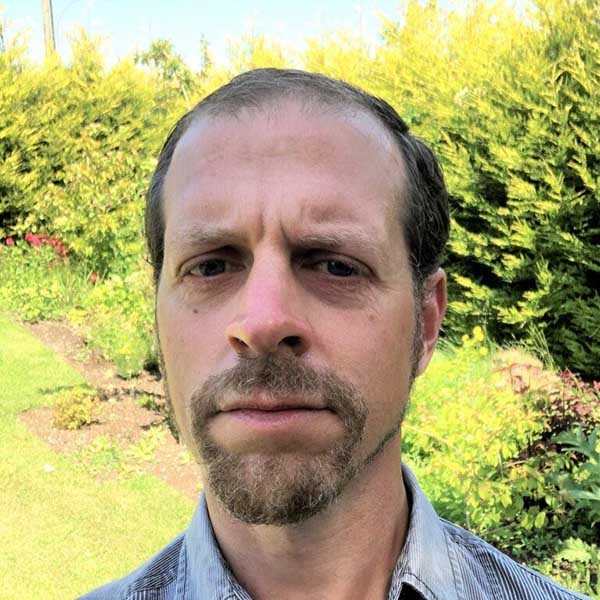
karl hamilton
Raptor Ecologist
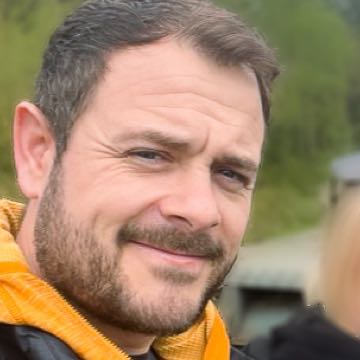
philip leathem
Photographer / Videographer
https://irishseedsavers.ie/apple-tree-conservation/
https://www.woodlandtrust.org.uk/trees-woods-and-wildlife/habitats/orchards/
Join us and become part of a community committed to restoring Ireland’s natural beauty: